
- August 25, 2023
- Dennis Frank
- 1
Beginner’s Guide: How do beginners buy cryptocurrency? It can be a daunting prospect even for the most tech-literate, entering into the strange realm of cryptocurrency and its blockchain technology.
The world of digital currency, with its blockchain technology and decentralized systems, is like an alien landscape to many. But here’s the thing…
Learning how to buy cryptocurrency isn’t as daunting as it seems. In fact, once you get past all the jargon and technicalities, it’s actually quite straightforward.
If you’re willing to step out of your comfort zone and dive into this exciting new financial frontier, understanding how do beginners buy cryptocurrency, will be your stepping stone towards mastering this digital asset game.
Table of Contents:
Table of Contents
- Table of Contents:
- What is Cryptocurrency?
- How to Buy Cryptocurrency
- Cryptocurrency Wallets
- Risks of Investing in Cryptocurrency
- Tax Implications of Cryptocurrency
- FAQs in Relation to How Do Beginners Buy Cryptocurrency?
- Conclusion
Cryptocurrencies, digital or virtual currencies secured by cryptography, are the new wave of finance. They operate independently from any central authority which makes them immune to government interference and manipulation.
This revolutionary concept paved the way for many other cryptocurrencies with different features and purposes. For more on the basics of cryptocurrency, read: Cryptocurrency for Beginners
The Evolution of Crypto Market Dynamics
The crypto market dynamics have evolved significantly over time due to various factors such as supply-demand imbalances on crypto exchanges where you can buy low or sell high these assets. The largest cryptocurrency Bitcoin currently holds a market cap exceeding $1 trillion dollars fluctuating based on trading activities across reputable exchanges worldwide.
Distinguishing Factor: Blockchain Technology
A significant factor distinguishing cryptocurrencies from traditional forms of money lies within their underlying technology – blockchain. Blockchain, essentially a distributed ledger recording all transactions across numerous computers so that any involved record cannot be altered retroactively without altering all subsequent blocks, brings transparency and security unlike traditional investments controlled by financial institutions like banks or governments.
Decentralization Aspect:
The decentralization ensures transparent operations while eliminating single points of failure.
Mining Process:
Another key feature unique to cryptosystems called mining involves generating new coins through solving complex mathematical problems, thereby maintaining network integrity while simultaneously rewarding participants (miners).
Dive into the world of digital finance with cryptocurrencies. They’re secure, immune to government interference, and backed by revolutionary blockchain technology. Start your crypto journey today. #CryptoForBeginners #BlockchainTechnologyClick to Tweet
How to Buy Cryptocurrency
In the world of digital finance, buying cryptocurrency can seem like a complex task. However, with proper guidance and understanding of blockchain technology, it becomes quite manageable. Here’s how you can start investing in cryptocurrencies.
Selecting Your Crypto Exchange
The first step towards crypto trading is choosing an exchange platform that suits your investment objectives. Platforms such as Binance or Gemini are known for their user-friendly interfaces and vast range of offerings, making them suitable for beginners venturing into this powerful long-term investment opportunity.
Funding Your Account
To begin your journey on these exchanges, funding your account is essential, which usually happens through bank transfer or credit card payment methods. Bear in mind, though – transaction costs may apply depending upon both the method chosen and terms set by respective platforms.
Purchasing Cryptocurrencies
Your funded account now allows you to browse stash’s crypto offerings directly from within the interface itself, where Grayscale Bitcoin Trust could be one among many options available if desired. A commonly adopted strategy involves buying low then selling high; essentially purchasing during price dips followed by sales when prices rise again – crucial especially while regularly trading rather than holding onto investments over longer periods. You should keep tabs on market capitalization too since it plays a significant role in determining coin values.
Safeguarding Investments
Last but certainly not least comes securing purchased assets. Always ensure storing cryptocurrency keys completely offline whenever possible using hardware wallets like Trezor or Ledger Nano S, which limit specific risks associated with cryptos by keeping private keys safe from potential hackers’ reach.
Dive into the world of digital finance. Our beginner’s guide to buying cryptocurrency makes it easy. Choose your platform, fund your account, and secure your assets today. #CryptoForBeginners #DigitalFinanceClick to Tweet

Cryptocurrency Wallets
Entering the realm of digital currency trading necessitates a secure and safe repository for your virtual resources. This is where cryptocurrency wallets come into play.
Different Types of Cryptocurrency Wallets
The two primary types are hot wallets and cold wallets. Hot wallets stay connected online, making them easily accessible but more susceptible to risks. They include platforms like TrustWallet, which can be accessed via mobile apps for convenience.
On the flip side, cold storage solutions such as Ledger Nano S keep your largest cryptocurrency keys completely offline, providing an extra layer of security against potential threats including hacks or thefts.
Picking Your Crypto Wallet Wisely
Your choice between these wallet types depends on several factors, including how frequently you’re trading crypto and whether convenience trumps security in importance. For long-term storage with minimal transaction activity, consider opting for cold storage options. However, if a buying low selling high strategy aligns better with investment objectives, then choose hot wallet solutions despite slightly lower safety levels compared to their colder counterparts due to the ease-of-use benefits they offer. Another good read that discusses more about cryptocurrency wallets is: Exploring the Different Types of Cryptocurrency Wallets
Maintaining Security Of Your Crypto Assets
- To limit specific risks associated with loss due to hacking attempts, always ensure best practices around private key management (never share), strong passwords, and 2-factor authentication wherever possible. Remember, once lost, these tokens cannot be recovered unlike traditional banking systems, hence taking precautions becomes crucial.
Dive into the world of crypto trading with our beginner’s guide. Learn about hot and cold wallets, how to pick wisely based on your needs, and crucial security practices. #Cryptocurrency101 #CryptoWalletsClick to Tweet
Risks of Investing in Cryptocurrency
Cryptocurrency investing offers the potential for strong returns, yet it also presents its own set of risks. The crypto market’s inherent volatility can be an exciting prospect for some investors but may also limit crypto-specific risks if you’re risk-averse.
Price Volatility and Market Risks
The world of cryptocurrencies has grown into a multi-billion dollar industry with the largest cryptocurrency being Bitcoin. However, one key feature that characterizes this digital asset class is their extreme price volatility. Prices can swing wildly within short periods making it difficult to predict trends or absorb large price swings effectively.
To understand more about how this works, this Investopedia article on volatility provides excellent insights. It’s important to remember that changes in demand and supply dynamics or regulatory news affecting global support for cryptos could influence your holdings’ value significantly when trading crypto.
Crypto Security Concerns
Digital currencies operate based on complex technologies like blockchain technology which many users find hard to grasp fully at first glance – hence security becomes paramount when dealing with these assets. There are various ways you might choose to store your assets securely offline including using cold storage solutions provided by several reputable exchanges where they keep your keys completely offline reducing chances of theft from online hackers. Coindesk’s guide about Bitcoin storage options explains these concepts further. For a different angle on cryptocurrency security, this article discusses how artificial intelligence can help: Applications of Artificial Intelligence in Cryptocurrency
Lack Of Regulatory Oversight And Protection
In contrast with regulated financial products such as Grayscale Bitcoin Trust where investor protections exist against fraud; buying cryptocurrencies directly exposes you potentially serious issues should anything go wrong at exchange level especially considering there aren’t minimum investment requirements typically associated with regulated investments like ETFs. The SEC has issued warnings regarding potential scams involving digital assets including cryptocurrencies.
Key Takeaway:
Despite the allure of cryptocurrencies, beginners should tread with caution. The crypto market’s volatility can lead to significant price swings and potential losses. Security is also a concern as digital assets are complex and require careful handling. Lastly, lack of regulatory oversight means less protection against fraud or exchange mishaps. It’s not all glittering gold in the world of Bitcoin and its ilk.

Tax Implications of Cryptocurrency
Comprehending the tax effects related to purchasing, trading, and exchanging crypto is as essential as grasping how to acquire digital currency. The IRS views digital currencies not just as a powerful long-term investment opportunity but also taxable property akin to real estate or stocks.
Cryptocurrency and Capital Gains Tax
If you’ve managed to buy low and sell high in your crypto trading journey resulting in profits, those are considered capital gains. Much like any other form of income, these gains attract capital gains tax. But there’s an interesting twist – if you hold onto your cryptocurrencies for over a year before selling them (long-term), they can qualify for lower rates under long-term capital gain taxes.
On the flip side, short term sales i.e., within one year from purchase date are taxed at regular income rates. Even swapping one type of cryptocurrency for another triggers this taxation event.
Record Keeping & Reporting: A Must-Do When Trading Crypto
Meticulous record keeping isn’t optional when dealing with cryptocurrencies; it’s mandatory. You need records showing when each transaction occurred along with its USD equivalent value at that time point – all critical data points required while calculating potential profit/loss during sale events.
The IRS mandates reporting every single digital currency transaction on Form 8949 & Schedule D – much similar to stock sale reporting procedures. If received through mining activities or payment against goods/services rendered, it should be included in gross income based on fair market value at receipt time.
Differentiating Between Taxable Events vs Non-Taxable Events
A key part about learning how to start investing in cryptos involves differentiating between what constitutes taxable versus non-taxable events involving them. In essence, a taxable event occurs whenever a change happens leading towards the realization of potential profits/losses due to price fluctuations between purchase/sale times, whereas non-taxable ones involve transferring coins across wallets/accounts owned by the same individual/entity without realizing any changes in the coin’s USD valuation.
Note: This article serves only as general guidelines around owning/trading cryptocurrencies’ tax obligations – always consult experienced advisors familiarized well enough about unique circumstances surrounding such transactions before making decisions impacting personal situations.
Key Takeaway:
Grasping the tax implications of crypto trading is crucial. The IRS treats cryptocurrencies as taxable property, and profits from trading are subject to capital gains tax. Holding onto your cryptos for over a year can qualify you for lower long-term rates. Short term sales or swapping one type of cryptocurrency for another triggers taxation at regular income rates. Precise record keeping is mandatory, with every transaction reported on Form 8949 & Schedule D. Understanding what constitutes taxable versus non-taxable events in crypto investing is key too.
FAQs in Relation to How Do Beginners Buy Cryptocurrency?
How do beginners buy cryptocurrency?
Beginners can purchase cryptocurrency through a digital currency exchange. They need to create an account, deposit funds, and then place an order for the desired crypto.
What is the easiest way to buy cryptocurrency?
The simplest method is using online platforms like Coinbase or Binance. These exchanges offer user-friendly interfaces and step-by-step guidance throughout the buying process.
What should I know before buying cryptocurrency?
Prior knowledge of blockchain technology, understanding market volatility, choosing a secure wallet, and being aware of potential scams are crucial before investing in cryptocurrencies.
How much will I get if I invest $100 in Bitcoin?
The amount you’ll receive depends on Bitcoin’s current value. For instance, if it’s valued at $50k per coin, your $100 investment would equate to 0.002 BTC.
Conclusion
So, you’ve embarked on the journey of understanding cryptocurrency.
You’ve grasped what it is and how blockchain technology powers this digital asset world.
The steps to buy your first crypto are now clear as day. You know where to start, which platforms to use, and the importance of secure transactions.
We’ve walked through different types of wallets for storing your new assets. Cold or hot? The choice is yours!
Investing in cryptocurrency isn’t without risks – volatility can be a friend or foe. But knowledge equips you with power over these potential pitfalls.
Taxes might not be fun but they’re part of the game when dealing with cryptocurrencies. Being aware saves future headaches!
In essence, we’ve answered that burning question: How do beginners buy cryptocurrency?
Your one-stop platform for all things crypto invites you further into this exciting realm, delve deeper into blockchain technologies, smart investing strategies and more! Let’s conquer this brave new financial frontier together!
Check out our video learning center as well at KryptoKraken Videos









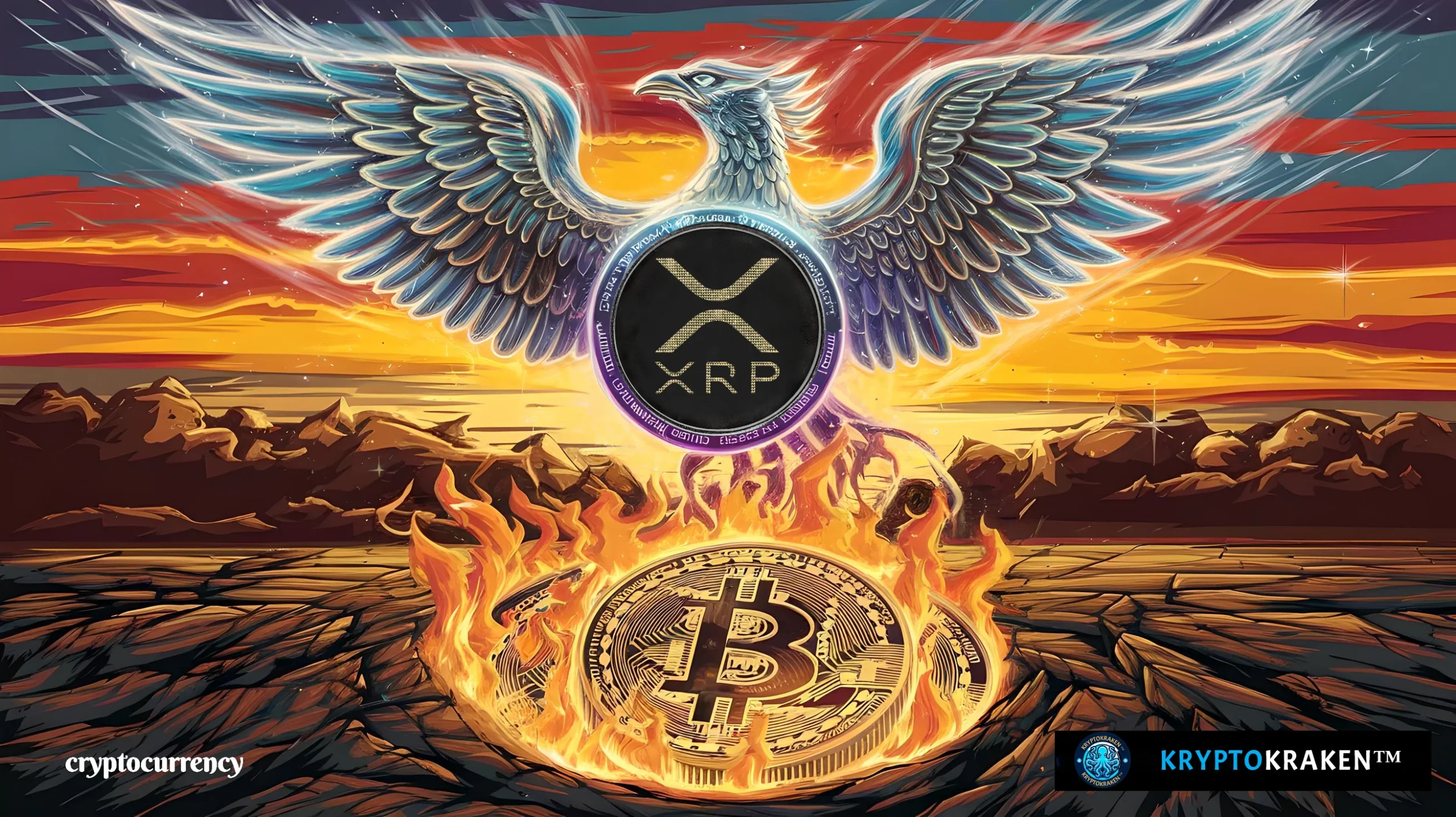







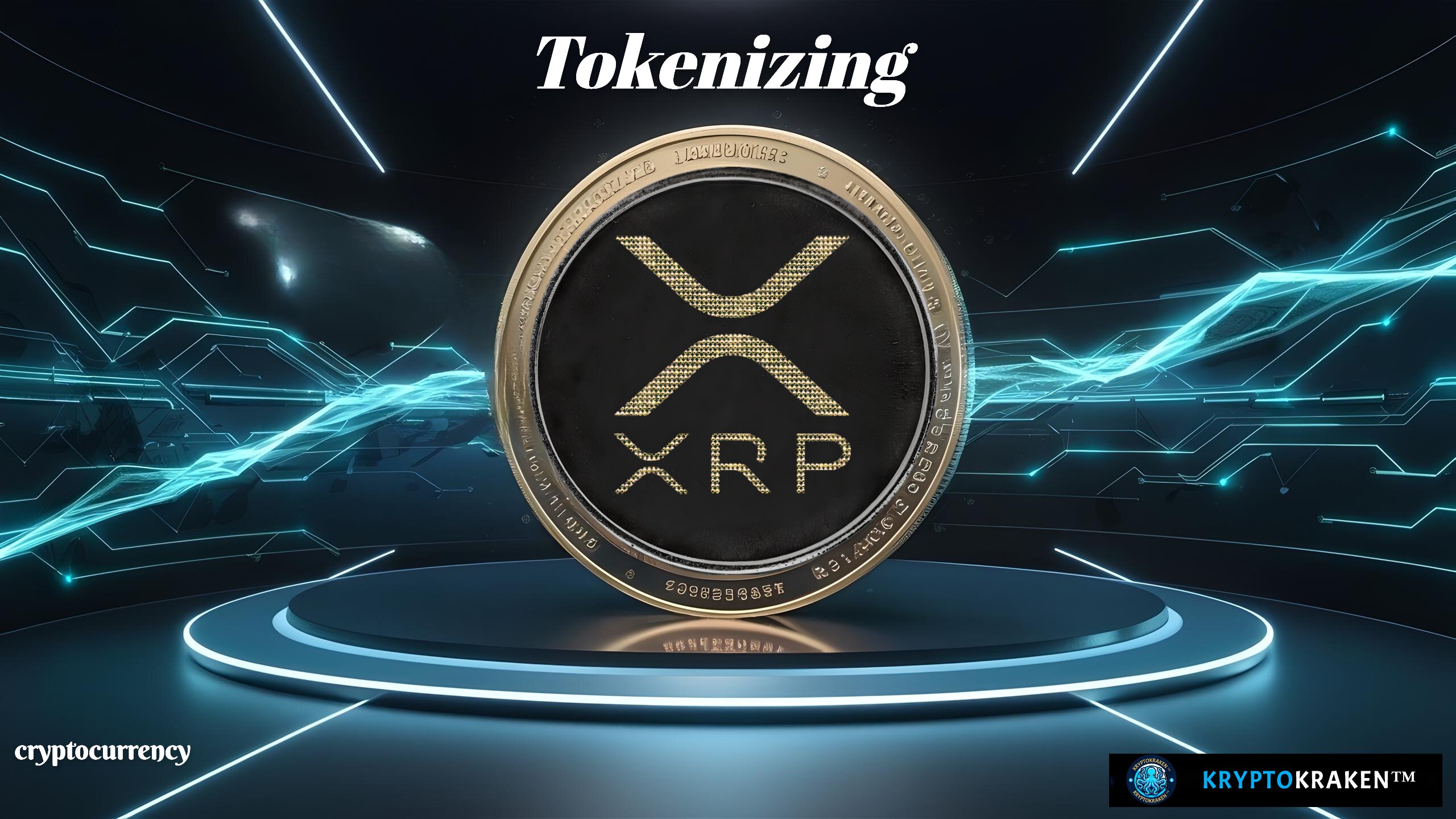



















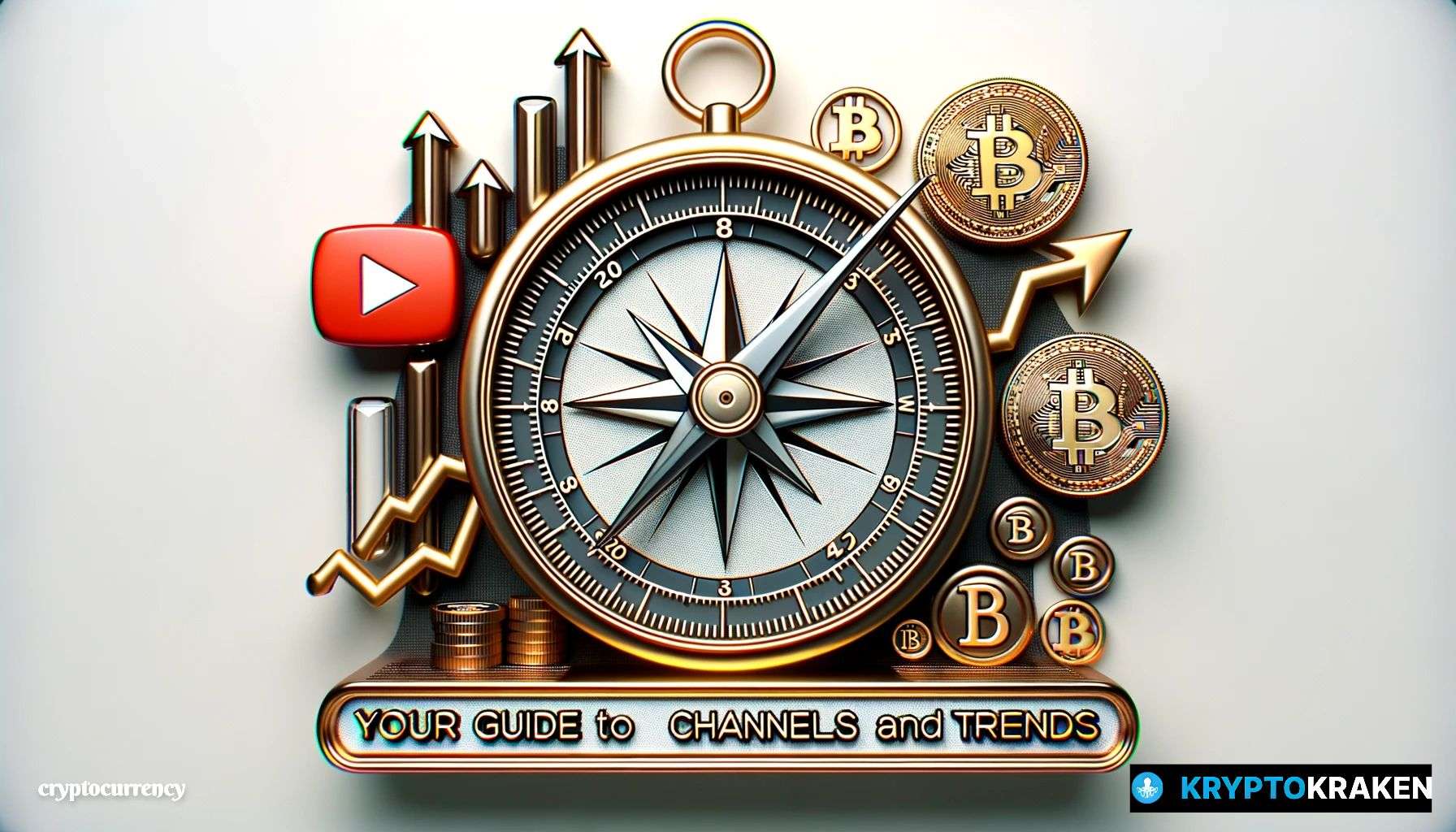







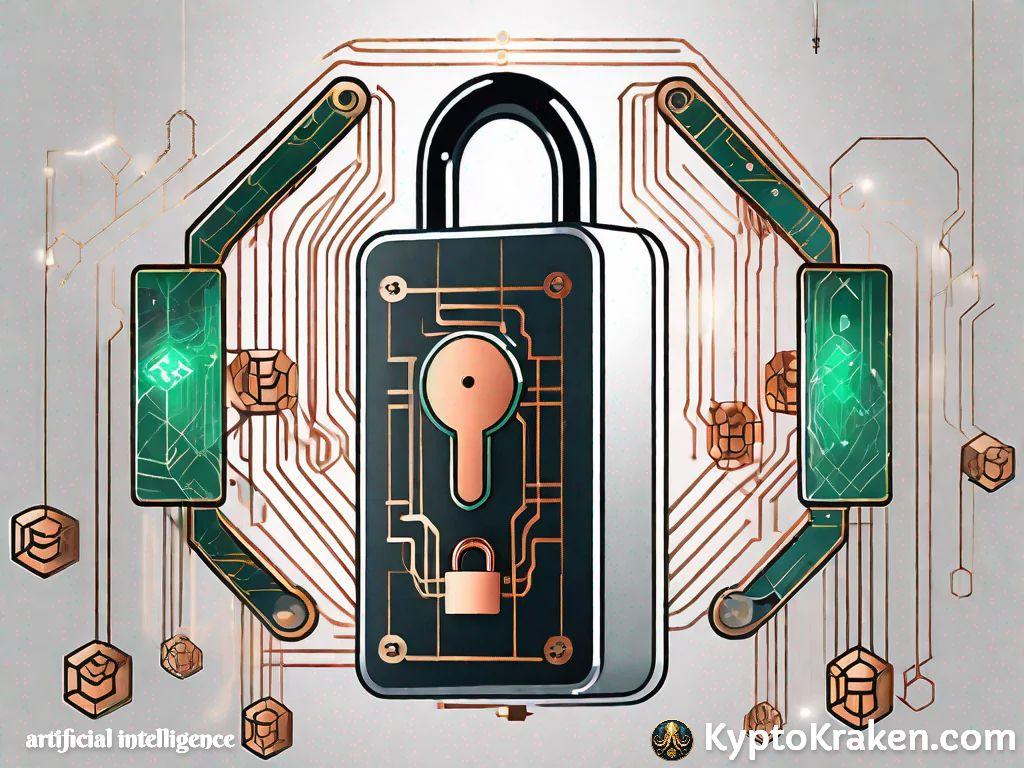

























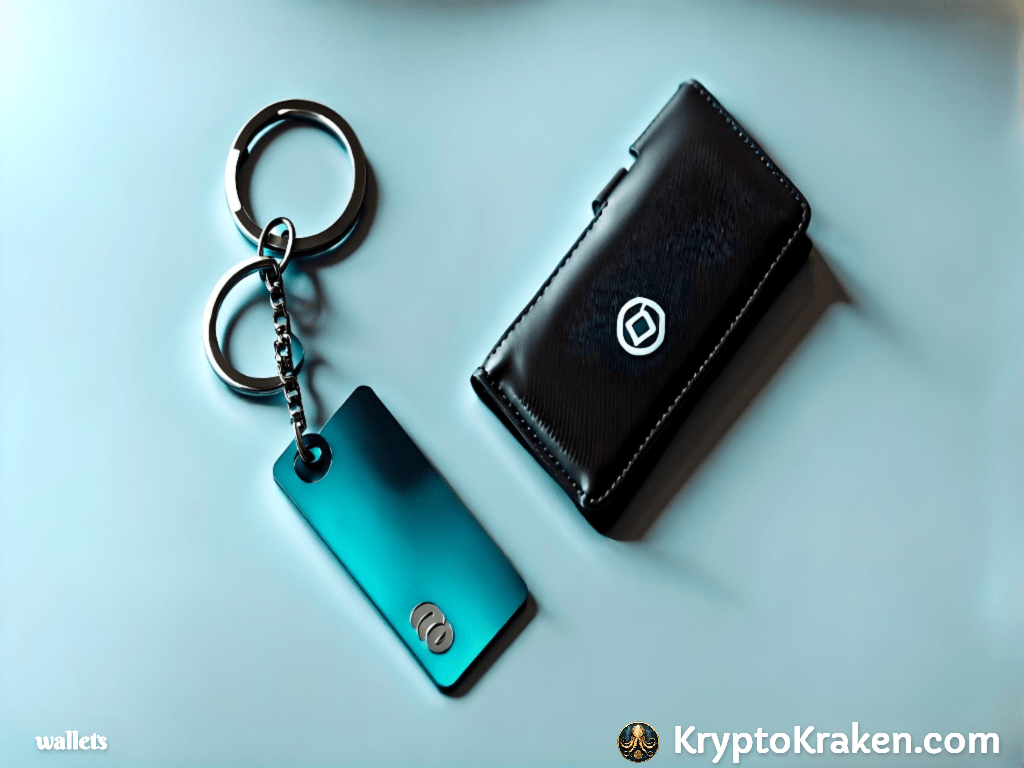















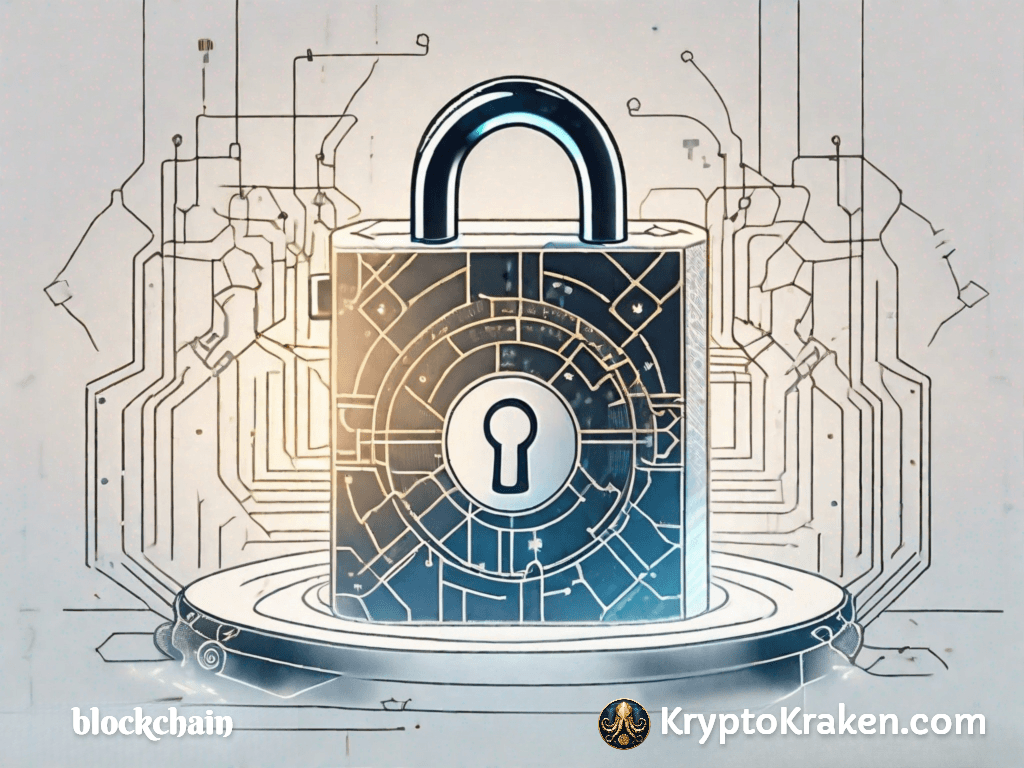







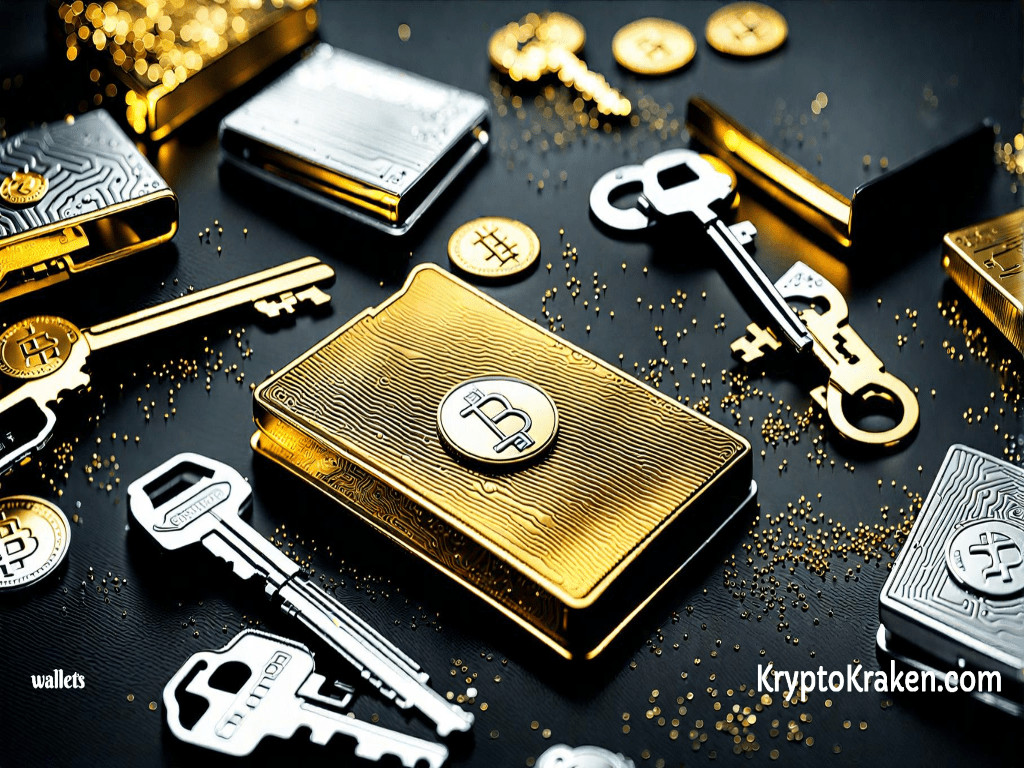









1 comment on “Beginner’s Guide: How Do Beginners Buy Cryptocurrency?”